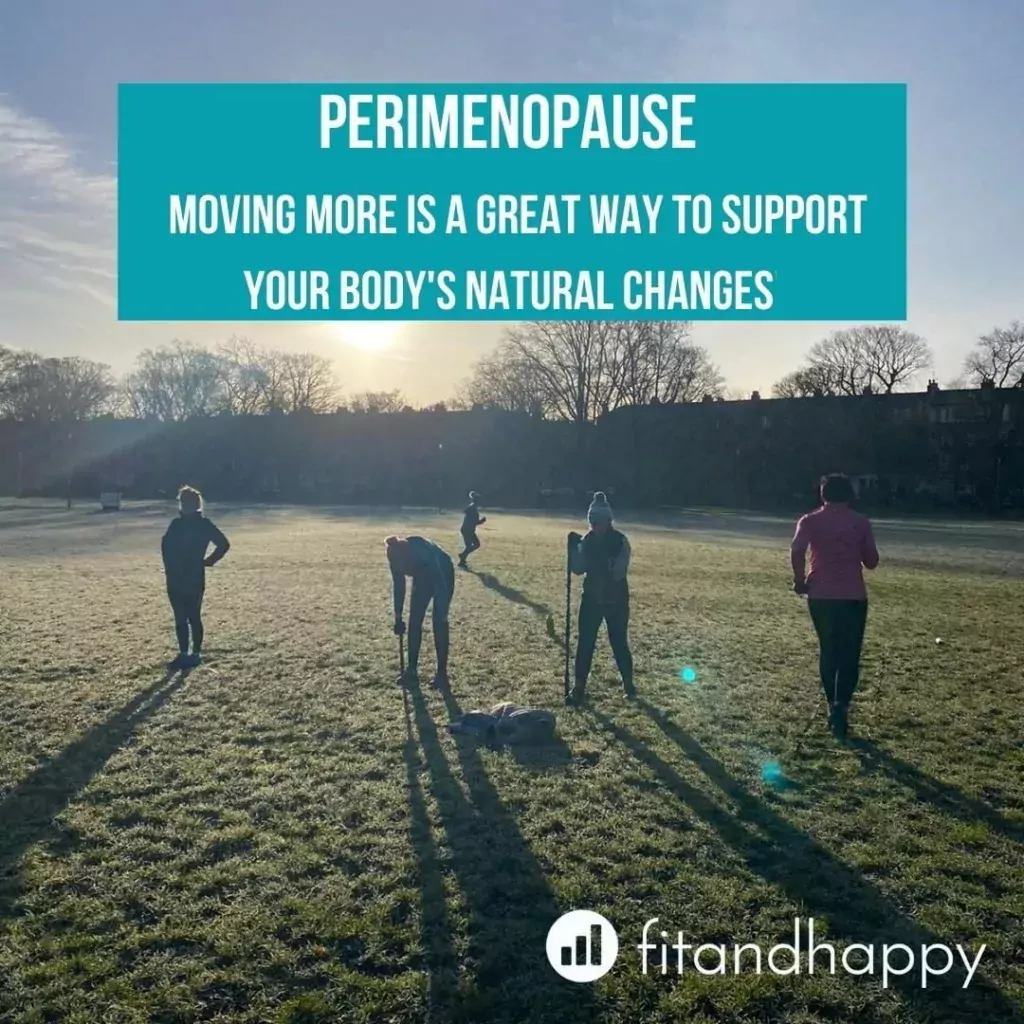What is Perimenopause?
Every women goes through perimenopause. Some suffer from the changes perimenopause brings and others don’t even notice it. Perimenopause translates as ‘around menopause’ and it refers to the period directly before menopause. During this time, women start to transition to the stage of life when you can no longer reproduce. You go through huge hormonal changes and most symptoms relate to the hormonal changes.
What are Perimenopause Symptoms?
Perimenopause usually starts around the age of 45 but it can be earlier.
The most common symptoms include:
- A change to your periods. This change can be different for everyone but you will notice the change. You may find your periods become lighter or heavier, they become irregular or more painful.
- Hot flushes. You might find that you wake up boiling and sweaty or you may just get a quick hot flush at certain times of the day. The feeling of heat is usually worse on your face, neck and chest.
- Sleeping Issues. You may go from someone who has a great sleep every night to suddenly waking up at 4am for no apparent reason. Or hot flushes might start disturbing your sleep.
- Anxiety & Mood Swings. Many women talk about a change in their mood. They become anxious about situations that didn’t used to bother them or they can become angry or sad quickly and unexpectedly.
There are many more symptoms, both physical and mental. It is important to remember that your perimenopause will be unique to you. If any of your changes are impacting your health, work or relationships, you should contact your GP for help and advice. NHS Inform has detailed information on their website about Menopause and Perimenopause.
How to Improve your Perimenopause Symptoms
It’s one of our greatest achievements at fitandhappy to have so many wonderful women of all ages attend our group classes and personal training. It’s a great mix and such a laugh. But it also means we’re all at different life stages, dealing with different issues.
If you’re going through perimenopause, life can be hard! One of the best things you can do to improve your symptoms is to eat well and move lots!
Exercise maintains muscle mass, helps you to stay a healthy weight, and improves your heart health, bone health and mood. If you don’t overdo it, it’s also a great way to manage your stress. Which is also proven to reduce perimenopause symptoms.
Choosing regular exercise that is both weight-bearing as well as aerobic, such as boot camp, walking, jogging or dancing are all super ways. Make sure to include some strength training to help you stay strong and maintain bone health. We do all those squats and press-ups for a reason! 💪
During perimenopause, it’s common to gain weight and this tends to be around your middle. The weight gain is due to a change in your hormones and metabolism. Plus, if you’re feeling achy and tired you don’t always feel like exercising and eating healthily. Even though it would help ease your symptoms!
Whilst a healthy weight can make the journey to menopause and beyond easier, don’t focus on restricting yourself. It can quickly turn into a negative cycle of restriction and overeating.
Stressing about what to eat and fearing the number on the scale won’t help your symptoms either!
Instead, let food be enjoyable. Focus on mindful eating and choose a variety of foods including carbs, protein and healthy fats (to help those hormones). A colourful plate is usually a good choice to get the full range of nutrients and improve your gut health. Eating well, managing our stress levels and moving more are all essential to support our bodies’ natural changes.
Moving will make you feel good at any age, but can be especially important for women going through menopause. The benefits include improving bone and heart health, as well as helping with symptoms such as hot flushes and low mood.
If you are a woman in Edinburgh looking to try something new or think you may be suffering from perimenopause, why not join one of our many outdoor boot camps for women? We also have our low impact class which is great if you suffer from aching joints. If you aren’t ready to workout in a group, then our personal training sessions will be ideal for you.

